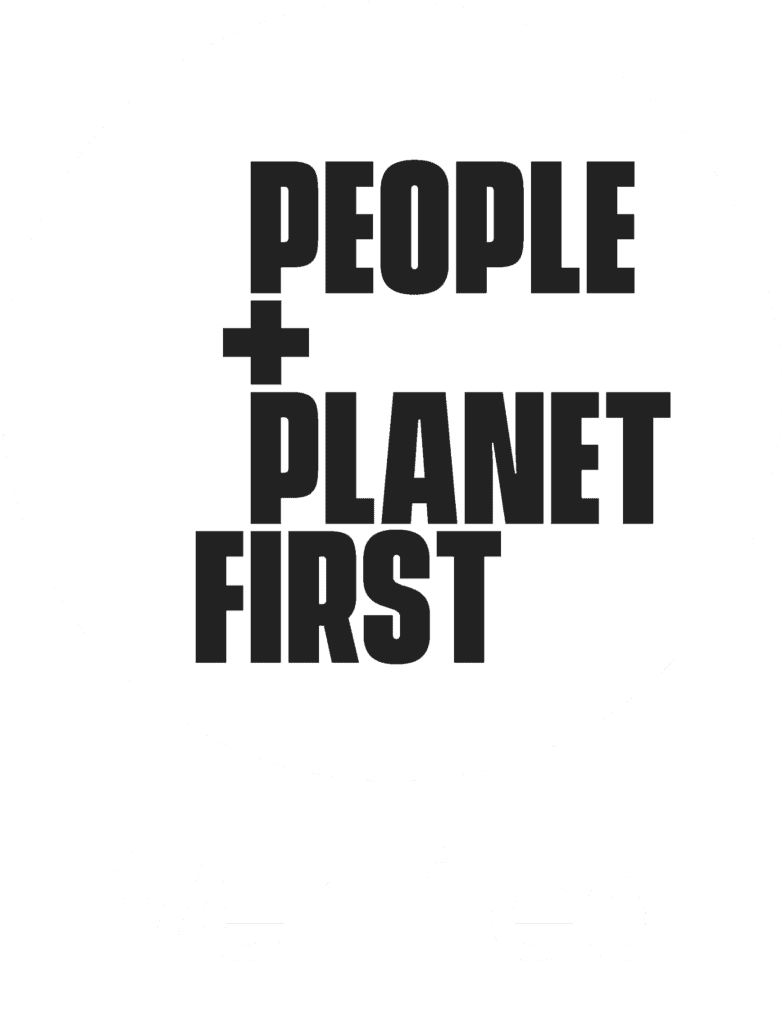Social procurement has the potential to transform communities…but only if it moves beyond a box-ticking exercise. Targets are one thing, but real impact happens when we work together, simplify the system and back fairness in practice, beyond just policy.
Our CEO Chris Buckingham serves up some serious food for thought on this topic…
Just on six happy months into the gig at The Fair Co. I was given reason to pause for thought by Professor Martin Loosemore and Dr Suhair Alkilani from The University of Technology Sydney.
Martin and Suhair put out the call for participants in a research project entitled “Anti-social social procurement”.
My first response was a sharp intake of breath. Is anti-social social procurement even a thing?
As I let the question sit with me for a bit, I grew to appreciate the provocation…
I have dedicated my career to the pursuit of a just society and change for the greater good.
I know how one can commit to a cause full of good intent and then achieve spectacularly ordinary outcomes, because the deep thinking about the need for disruption and system change had not been done.
The Fair Co. work with Government agencies, private enterprise and social enterprises. We help them create inclusive workplaces and maximise the impact of their social procurement activity.
We know that if we are still in business doing the same thing in 10 years’ time we will have failed to achieve our purpose.
I put Martin and Suhair’s proposition to my beautiful team and together we formulated the following response:
What is the true price of social procurement?
The aim of implementing social procurement targets across large government infrastructure projects is to provide opportunities for business and individuals that have not traditionally had the opportunity to participate.
Social procurement policies backed in by thoughtful regulation incentivise organisations to create broader community benefit – this is a good thing.
Those who argue that forced compliance with social procurement policies add to the cost of project delivery are right, but only if they account for outputs rather than outcomes.
The financial commitments project proponents are required to make to comply are not huge relative to the size of the contracts they have won from Government and the impact on cost of delivery is relatively small.
If social procurement practice is done well, organisations realise direct benefits, particularly when they focus on workforce diversity and inclusion outcomes.
A complex and crowded landscape
There are 71 social procurement policies in place across Australia. All developed with good intent, but surely overlapping and confusing many organisations who want to do the right thing but are confounded by arcane reporting systems and variable compliance regimes.
The social enterprise sector itself also needs to be better. It is not good enough to set up a social enterprise dedicated to a particular cause without doing the hard yards to ensure that your business practices are also up to standard.
Certification and or verification alone is not enough – Getting your driver’s licence does not mean you are a good driver.
The social procurement ecology is complex; there are a lot of small players fighting for survival and, at times, undermining each other to get the outcome they think is most important.
Let’s look for the good in each other and support a strengths-based approach that rewards collaboration over entitlement – we must do more than talk about it.
Beyond the numbers
There are some superb role models for us in the sector who do great business and have the wherewithal to support the growth of the sector at the same time.
One of the inherent risks of a target driven policy framework focused on outputs, is the high probability that inclusive workplace culture and decent working conditions are neglected in the creative pursuit of the numbers.
Yes, the numbers are important, but so are qualitative outcomes that demonstrate the value of our collective work. Real stories about real people growing and prospering have impacts way beyond the spreadsheet.
A call to elevate fairness
Social procurement policy and regulation have shaped the Australian economy for the better. It has lifted participation and increased productivity.
It has shifted the way companies think about fairness and equity. It has helped reinforce the cultural resilience that has so far withstood the worst excesses of authoritarian behaviour exhibited in countries with weaker moral frameworks than Australia.
Can we improve? Absolutely. Doing the hard yards on system reform, improving our business practices and helping each other be better are the obvious first steps.
It is time to streamline social procurement policies and simplify reporting requirements. It should be easier to comply, in the knowledge that miscreants will be held to account for non-compliance.
Let’s celebrate and elevate fairness as a value shared across business, community and government.
It is on all of us to ensure that prosperity is shared more equitably in this country and social procurement is a vital lever. Let’s make sure our collective good intent translates into great outcomes.





